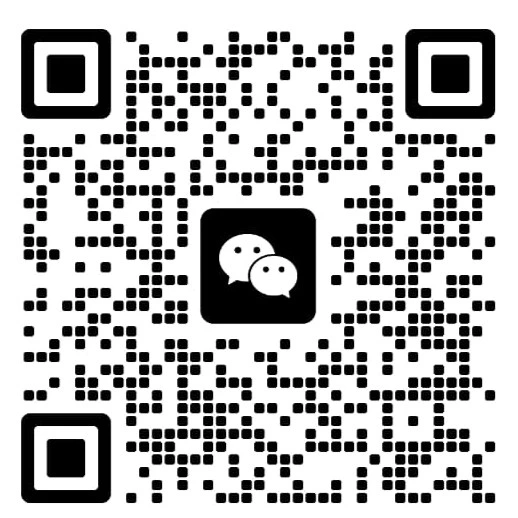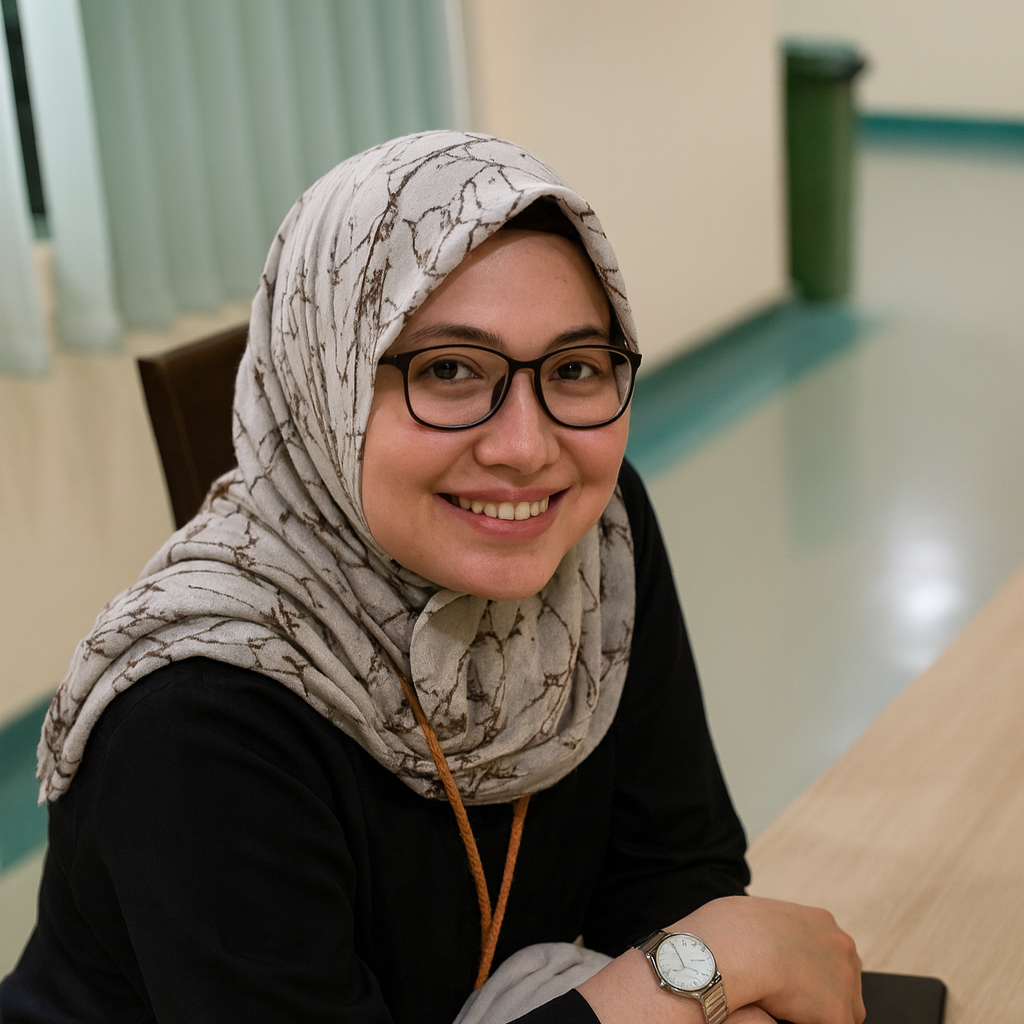For centuries, the term Halal has guided how people eat, live, and conduct trade. However, in the twenty-first century, its meaning has expanded to influence the design of pharmaceuticals, the testing of medical devices, and even tissue engineering in laboratories.
As Dr. Hussein H. Mashhour, MD, wrote in his influential LinkedIn article “Halal: Ancient Rule, Modern Science,” the Halal framework is not a limitation on science, but also a moral compass that directs discovery toward human benefit.
This article builds on his reflections, exploring how ancient ethical concepts now fuel the most advanced fields of biotechnology and healthcare innovation.
The Timeless Logic of Halal Principles
Halal fundamentally embodies the principle of balance, guaranteeing purity, safety, and overall well-being (halalan thayyiban). These same principles underpin the scientific method itself: observe, verify, and act responsibly.
In traditional Islamic law, Halal was never restricted to ritual; it was a rational system of quality assurance centuries before industrial standards existed. It demanded:
- Traceability: Knowing the source of what enters the body.
- Purity: Avoiding harmful or unclean substances.
- Accountability: Ensuring processes follow ethical intent.
Today, these principles echo in global standards such as ISO 9001, ISO 13485, and GMP systems that demand transparency and safety from laboratory bench to bedside.
“Modern quality control is nothing more than the industrial expression of ancient Halal values,” Dr. Hussein once remarked.
Science Through the Lens of Ethics
While technology advances faster than ever, ethics often struggles to keep up. Artificial organs, genetic editing, and AI-assisted diagnostics all raise fundamental questions: Just because we can, should we?
Halal provides a moral framework that complements scientific progress rather than restricting it. It encourages scientists to ask not only “Is it effective?” but also “Is it pure, just, and beneficial?”
For example:
- Halal biochemistry asks whether enzymes used in pharmaceuticals come from humane and permissible sources.
- Halal nanotechnology examines whether nanoparticles in food or drugs meet safety and ethical criteria.
- Halal clinical research demands informed consent, patient dignity, and transparent data handling.
Halal’s unique compatibility with modern science stems from its integration of faith and reason, which serves to humanize discovery.
The New Frontier: Halal Biomedical Innovation
In recent years, Halal has moved from theological debate to research and development (R&D) laboratories. Universities and regulatory agencies in Indonesia are now at the forefront of Halal biomedical science, merging ethical compliance with world-class innovation.
1. Halal Biotechnology
Indonesia’s Halal Science Centers (e.g., at UI and ITB) collaborate with global manufacturers to replace animal-derived materials with microbial or plant-based alternatives. The result: Halal-certified enzymes, collagen, and vaccines that are safer and more sustainable.
2. Halal Analytical Testing
Using advanced spectroscopy and DNA barcoding, labs can now detect traces of non-Halal contamination at the molecular level. These technologies form part of the BPJPH verification process, ensuring that imported and locally made medical products comply with Indonesia’s Halal Law (Law No. 33 of 2014).
3. Halal Tissue Engineering
Research teams are developing Halal-compliant scaffolds for wound repair, bone grafts, and organ regeneration. By replacing porcine collagen with marine or plant-derived polymers, Indonesia could soon become a supplier of Halal-certified biomaterials for the global medical device industry.
4. Pharmaceutical & Nutraceutical Innovation
The growing global demand for Halal nutraceuticals, such as vitamins, probiotics, and supplements, is pushing manufacturers to redesign formulations. With Halal certification integrated into R&D, companies can enter Indonesia’s fast-growing USD 330 billion Halal economy with fewer regulatory hurdles.
Convergence of Global Standards: Halal Meets ISO and CE
Global regulators increasingly recognize Halal certification as part of comprehensive compliance. The alignment looks like this:
| Standard | Primary Focus | Shared Principle with Halal |
| ISO 13485 | Quality management for medical devices | Cleanliness, traceability, consistency |
| FDA/CE | Safety and efficacy of products | Protection of human life |
| Halal (BPJPH/MUI) | Ethical and permissible sourcing | Purity, humane process, transparency |
This triple-assurance model integrates safety (FDA/CE), quality (ISO), and ethics (Halal) frameworks.
This convergence is no coincidence. It reflects a global shift toward values-based manufacturing where consumers, Muslim or not, demand to know not only how something was made, but why.
The Human Dimension of Halal Research
Beyond labs and laws, Halal science is ultimately about people.
- Patients who trust that their medical treatments respect their beliefs.
- Scientists who find meaning in creating ethical innovations.
- Regulators who see transparency as a form of public service.
Halal research reintegrates the human element into scientific exploration. It serves as a reminder that every discovery carries a responsibility towards patients, the planet, and our moral conscience.
As Dr. Hussein eloquently puts it, “The purest science is not the one that avoids faith, but the one that aligns with it.”
Challenges on the Path Forward
The integration of Halal and modern science is not without obstacles:
- Standard Harmonization: Variations in international Halal standards create complexity for exporters.
- Testing Infrastructure: Limited accredited labs in some regions slow verification.
- Awareness Gap: Many researchers and manufacturers still view Halal as a religious formality, not a scientific framework.
- Funding Priorities: Halal R&D often competes with conventional biomedical research for grants.
However, Indonesia’s investments in Halal Industrial Zones and public-private R&D partnerships are gradually overcoming these challenges, turning ethical science into an economic driver.
Re-defining Progress Through Purity
Halal is not an ancient rule resisting progress; it is an ancient rule guiding progress.
By uniting faith-based ethics with scientific discipline, Indonesia and its partners are proving that innovation and integrity can coexist. From DNA testing in laboratories to Halal-certified catheters in hospitals, the boundary between spiritual value and scientific validation is vanishing, ultimately benefiting humanity.
Halal serves not as a limitation, but as a connection, uniting ancient wisdom with future innovation, as the conversation between faith and science progresses.




